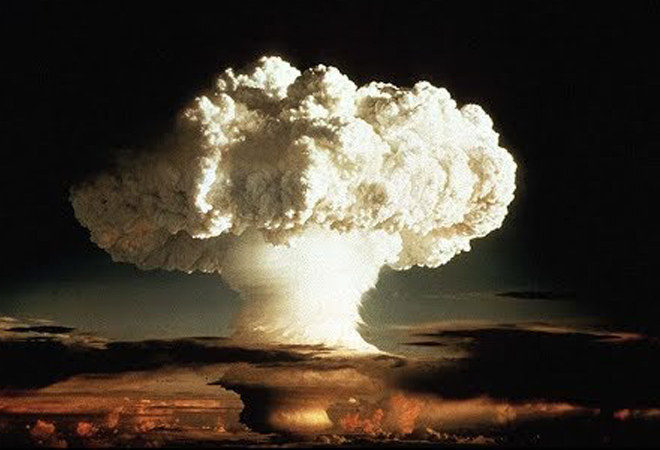
Zafar Iqbal Yousafzai 23 September 2021
Pakistan is facing an immense energy crisis for quite a long-time. According to a World Bank report, electricity shortage is a bigger obstacle to business as compared to corruption. To fulfill or at least shorten its energy shortage, Pakistan and China are collaborating closely. Some states like India have been questioning Pakistan’s nuclear cooperation for peaceful purposes however, all the business related to nuclear is according to the IAEA regulations and safety mechanism. This article looks at China-Pakistan’s cooperation in the peaceful nuclear energy sector and how they taking care of the obligations of the IAEA and other nuclear regulatory agencies.
Peaceful use of nuclear technology has significantly increased in modern times where other sources are expensive as well as environmental pollution. Nuclear technology is significant in a number of fields: agriculture, energy production, medical, pharmaceuticals, scientific research, and industries. Nuclear technology is not only economic but environment friendly as well. Hence, Pakistan has been looking to seek collaboration in the nuclear energy sector under the non-proliferation regulations. Being a close ally, Pakistan is actively engaged with China for collaboration in the nuclear energy sector for peaceful uses.
China has been assisting Pakistan in developing nuclear power plants to provide for Pakistan’s nuclear energy requirements in addition to improvements in a number of sectors i.e., food processing and agriculture. However, Pakistan’s supply and demand gap are a serious issue at the moment which is on the top priority of the bilateral cooperation to overcome. The nuclear cooperation demonstrates strong progressive ties between Beijing and Islamabad.
On September 8, 2021, China and Pakistan inked a nuclear deal aiming at nuclear energy cooperation. The agreement valid for ten years was signed between Pakistan Atomic Energy Commission and China Zhongyuan Engineering Cooperation. Moreover, the agreement includes Uranium processing, nuclear fuel supply, transfer of nuclear technology and establishing reactors. The main aim of the agreement is comprehensive nuclear cooperation to construct and maintain nuclear power projects in Pakistan.
Earlier, China has constructed a number of nuclear projects in Pakistan. A brief detail of Chashma Nuclear Power Complex (CHASHMA) and Karachi Nuclear Power Complex (KANUPP) is given below:
CHASHMA I was the second unit constructed by China in Pakistan in 2000 under the complete guidelines of the International Atomic Energy Agency (IAEA) protocols. . Its capacity is 300 megawatts. The life of the plant is forty years. Later on, with the Chinese funding, Pakistan upgraded CHASHMA I in 2005 and named it CHASHMA II. This project too was under the guidelines of the IAEA. Likewise, the government of Pakistan in March 2010 agreed with the Chinese company for CHASHMA unite 3 and 4. China provided 82 percent of the whole cost of the project. This plant life is also forty years.
Moreover, the PAEC (Pakistan Atomic Energy Commission) in February 2013 entered into an agreement with the CNNC (Chinese National Nuclear Corporation) in November 2010. The Chinese Government constructed and developed the fifth power plant of the CHASHMA nuclear complex. The power capability of this unit is 1000 MW. Similarly, Karachi Nuclear power Complex was another nuclear cooperation between Beijing and Islamabad. KANUPP-1 and KANUPP-2, 3, and 4 are the civilian nuclear powers plants that produce 1,000 MW of electricity in Karachi, Sindh. This nuclear complex is under the protection and inspection of the IAEA. The construction plant was under the PAEC, and it was funded by the International Atomic Energy Agency, China National Nuclear Corporation, the China Atomic Energy Authority, and China’s Guangdong Nuclear Power Group.
Hence, China-Pakistan’s nuclear cooperation for decades is a sign of their deep friendship and trust. It is pertinent to mention all the agreements between both the countries and projects are according to the IAEA protocols and principles. Pakistan needs further nuclear agreements for the peaceful production of energy to cater the growing needs of the energy sector in the country.
